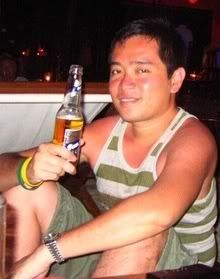Duffel bags
In Zamboanga, Razon also said the release of the captives was “a joint effort of the police, the military and local government officials,” and that no ransom was paid.
When asked about the two duffel bags reportedly transported to Sulu in a Seair plane on Tuesday afternoon, he said: “We are investigating that.”
He said he had instructed Chief Supt. Jaime Caringal, police chief in Western Mindanao, to look into the reported delivery of ransom money.
“We do not know the content of the duffel bags,” Razon said.
But in Malacañang, Executive Secretary Eduardo Ermita said a “small amount” could have been given to the kidnappers as a “token.”
“I’m just being realistic to say that, maybe, there is a small amount [given], but you might not call it ransom. We all know that .... [the kidnappers] have asked for a higher amount. That’s the very reason why they engaged in kidnapping, expecting such [a huge] amount,” he said.
Ermita said the negotiators had pursued the administration’s no-ransom policy. He said Malacañang did not take a role in the actual negotiations, and allowed the local peace and order council—composed of local officials and police and military components in the area—to take the lead.
But he said a ransom demand was to be expected because the captives “stayed in [the bandits’ lair] for some time.”
He pointed out that the kidnappers had to feed Drilon et al. for nine days.
Ermita also denied the reported delivery of money in two duffel bags.
(source: inquirer.net)

No comments:
Post a Comment